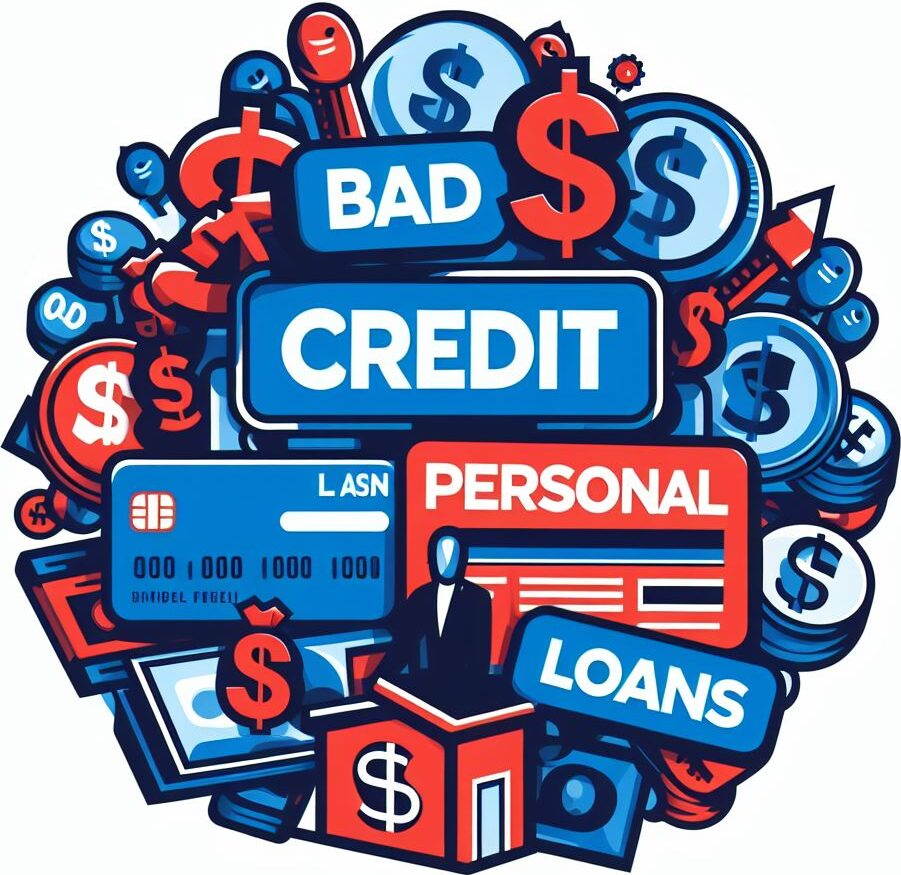So what’s debt consolidation? It involves taking out a new loan to pay off multiple debts. This new loan typically has more favorable terms, like a lower interest rate, which makes debt repayment more manageable.
Now, you have a few routes to choose from when it comes to debt consolidation. Some people opt for a consolidation loan, while others might go for a balance transfer credit card. There’s also the option of a home equity loan, if you own property.
But this isn’t just about combining your debts into one – it’s also about taking control of your financial situation. Debt consolidation can streamline your payments, making it easier for you to budget and plan your finances.

Before jumping into debt consolidation, it’s crucial to evaluate your circumstances. Assess your total debt, the varied interest rates you’re dealing with, and your current repayment obligations. This will help you make an informed decision on whether consolidation is your best move.
The Benefits of Consolidating Your Debts
If you’re juggling multiple credit card bills or loans, consolidating your debts could streamline your finances. By merging your outstanding debts into one loan, typically with a lower overall interest rate, you can replace a confusing mix of repayments with a single, manageable monthly payment.
One of the most compelling advantages of debt consolidation is the potential reduction in interest rates. When you consolidate, you’re often able to secure a loan with a lower rate than the combined rates of your existing debts, leading to significant savings over time. It’s a relief to know that more of your payment is chipping away at the principal balance, rather than just covering the interest.
Besides financial benefits, debt consolidation can have a positive impact on your credit score. Consistent, timely payments on a consolidation loan can demonstrate financial responsibility, potentially boosting your creditworthiness. Just don’t forget that initially taking out a new loan may result in a temporary dip in your score.
It’s not all about the numbers, though. The psychological lift from managing a single debt versus multiple can be significant. Reducing the mental clutter associated with tracking various due dates and payment amounts can alleviate stress and help you focus on the end goal: becoming debt-free.
Moreover, utilizing debt consolidation as a tool can play a pivotal role in avoiding the dire consequences of bankruptcy. By tackling your debts head-on with a consolidation plan, you’re taking proactive steps to regain control over your finances and setting the stage for a more secure financial future.
The Drawbacks of Debt Consolidation to Consider
First off, let me make it clear that while there are perks, debt consolidation isn’t a golden ticket out of financial trouble. You’re going to find out about some of the pitfalls that can come with this strategy, and believe me, it’s not all smooth sailing.
One of the biggest risks with debt consolidation is falling deeper into debt. It sounds counterintuitive, right? Here’s the deal: If you don’t curb your spending habits, consolidating your debts simply frees up credit lines that can tempt you to spend more, leading you into a more challenging financial hole.
Moreover, while you might snag a lower monthly payment, this often comes from extending the term of your loan. And what does that mean? More interest paid over time, potentially making your debts more expensive in the long run. It’s crucial to crunch the numbers and understand the total cost you’ll be signing up for.
Secured loans are another avenue for debt consolidation, offering lower rates but a catch – they require collateral. If you’re not careful, you could lose that collateral, which could be your house or car, if you default on the new loan. That’s a high-stake risk that requires serious consideration.
Let’s not forget the fees that can sneak up on you. From balance transfer fees on credit cards to closing costs on consolidation loans, these can chip away at any potential savings. And if you decide to back out, some services slap on hefty penalties that can leave you regretting the decision.
Lastly, there’s the impact on your credit score in the short term. Consolidating debt generally means opening a new loan or credit line, which can knock a few points off your score. However, if managed wisely, your credit can recover and even improve over time. But that initial dip? It’s something you’ll have to weather.
Making an Informed Decision: Is Debt Consolidation Right for You?
In my opinion, deciding whether to consolidate your debts is a significant financial decision that requires thoughtful consideration of both your current situation and your long-term financial objectives. You should start by laying out all your debts and comparing the terms, including interest rates and repayment terms.
You’re going to find out about various debt consolidation service providers, so it’s crucial to do your homework. Read reviews, compare fees, and understand the terms and conditions before you commit. Your goal is to find a reputable company that provides a solution that fits your needs.
Don’t worry too much about the complexities at first. You can always adjust your approach down the road. But, do take the time to create a budget that incorporates your new consolidated payment. This is essential for staying on track and avoiding further debt accumulation.
If you feel overwhelmed, remember that there are credit counseling services and financial advisors to help you navigate this process. They can provide personalized advice, which could be invaluable in making a decision that aligns with your financial goals.
Finally, I encourage you to learn from others’ experiences. Look for case studies or stories of individuals who have gone through debt consolidation. Pay attention to both successes and warning stories – there are important lessons in each.
Choose something that resonates with you and applies to your personal financial situation. Remember, your first attempt at managing debt doesn’t need to be your last. With dedication and a solid plan in place, you can work toward a debt-free future. It’s a challenge, but one that comes with great potential for a stable and secure financial life.

Wow, I didn’t know that you could refund your current debts by getting another debt. Now, I think that it’s quite counterintuitive, but who am I to judge? I’d rather work my way off to pay off my debts but it’s just my opinion. It’s extremely difficult because you may be more into debt, if you can’t refund the consolidation b-debt as well. For me, it’s a false solution. I’m just saying…
Thank you for sharing your perspective, Angelce! Debt consolidation can indeed seem counterintuitive at first, and it’s not the best solution for everyone. While it can simplify payments and potentially reduce interest rates, it also carries risks, especially if you’re unable to manage the new debt responsibly. Working hard to pay off debts individually is a commendable approach and can be more sustainable in the long run. It’s crucial to evaluate all options and choose what best fits your financial situation. #DebtConsolidation #FinancialAdvice #PersonalFinance #DebtManagement #StayInformed
Jeff